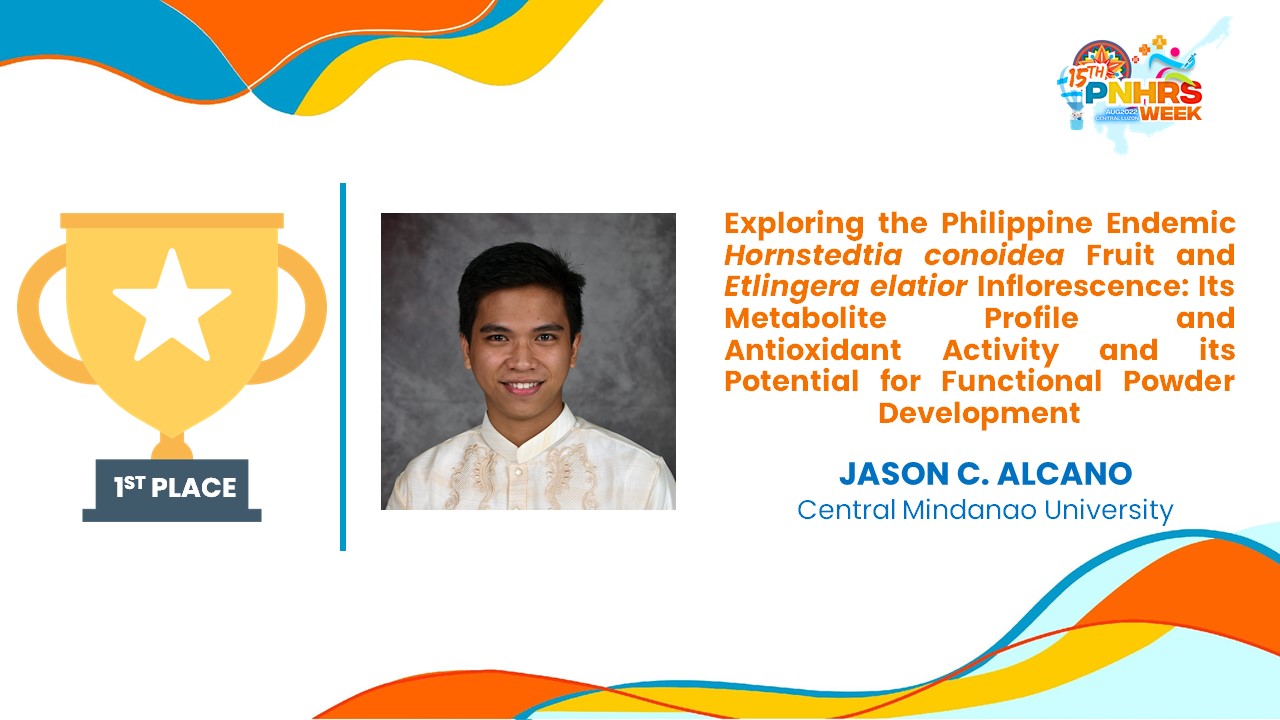- Christine Jane Gonzalez
- Latest News
- Hits: 2632
In preparation for the nationwide roll out of the Health Research and Development Information Network Platform of Unified Research Information Management Systems (HERDIN PLUS), the Department of Science and Technology- Philippine Council for Health Research and Development (DOST-PCHRD) is conducting the HERDIN PLUS Learning Sessions, a series of face-to-face and virtual seminars to capacitate institutions in sharing their health research outputs using the HERDIN PLUS across the regions.

The HERDIN PLUS, developed by the DOST-PCHRD, is an information management system and collaboration platform for Higher Education and Research and Development Institutions. The platform’s main objective is to collect, organize, and disseminate research information at the institutional level, making it easier to generate reports for Commission on Higher Education (CHED), Department of Health (DOH), DOST, and other bodies. Initially intended to serve as a health research repository, it was upgraded in 2020 to include new features such as a database of HERDIN PLUS partners, grant proposal submissions, and ethics clearance applications, among others.
“HERDIN was developed to make health research information more accessible,” Dr. Montoya said, sharing the Council’s motivation in supporting the development of the platform. “The series of Learning Sessions is the DOST-PCHRD’s initiative towards a successful rollout of the System, by reaching out to stakeholders and end users,” he added.
Through the Learning Sessions, the Council aims to build the capacities of research-generating institutions in disseminating their research on HERDIN PLUS in accordance with intellectual property practices and data protection laws. The capacity building initiative aims to reach a total of 30 institutions until December 2022. Starting in July this year, the HERDIN PLUS team has conducted seven sessions in various regions in the country.
Access health and health-related information and other features of HERDIN PLUS here: herdin.ph.




